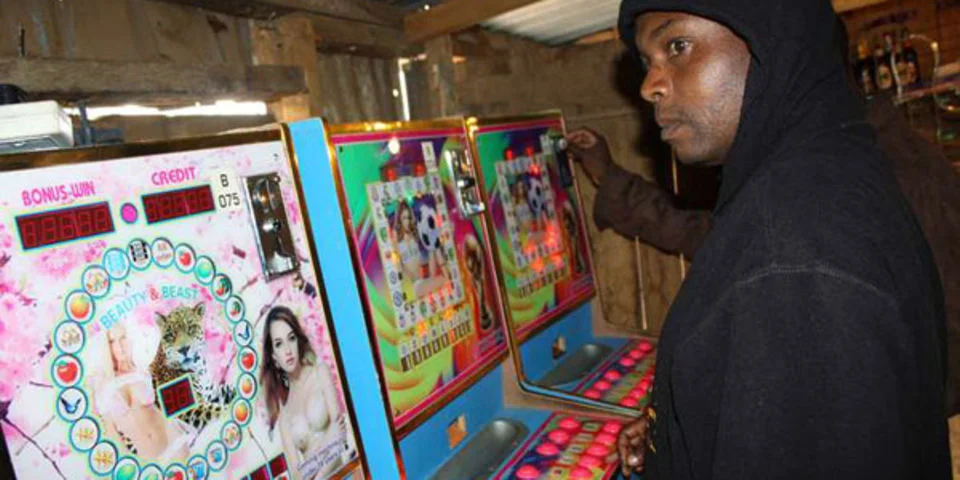On March 25, 2020, the Gaming Commission of Ghana (GCG) called on operators of analogue slot machines, commonly known as jackpots, to voluntarily surrender their machines to avoid sanctions, per. This followed a nationwide operation that confiscated 28 jackpot machines in Kasoa, Central Region, as part of a broader crackdown on illegal gambling machines, per. The GCG’s Public Affairs Manager, Beatrice Baidoo, urged operators to “voluntarily hand over their slot machines to the GCG and go through the required processes to acquire digital ones,” to align with international standards and comply with the Anti-Money Laundering Act, 2020 (Act 1044), per.
Two-Year Moratorium and Digital Transition
The GCG had issued a notice in 2018, giving operators a two-year moratorium to transition from analogue to digital gaming platforms, which ended in January 2020, per. The shift to digital systems enables customer verification and transaction record-keeping, protecting minors and curbing exploitation, per. Baidoo emphasized, “We have told the operators the specifications for the digital machines… apply through the right processes and have your game on,” indicating support for compliant operators, per. However, many illegal operators, particularly in Kasoa, were unaware of the ban, per.
Nationwide Enforcement and Observations
The March 25 operation was conducted simultaneously across Ghana, targeting illegal analogue machines, per. The Ghana News Agency noted that over 95% of seized machines belonged to Chinese nationals, who were absent during the raids, while Ghanaian youth, reliant on these machines for livelihoods, managed most others at drinking spots, per. The GCG is collaborating with the Local Government Service and District Assemblies to prevent permits for illegal operators, reinforcing enforcement, per.
Context and Broader Impact
The GCG’s push aligns with its 2018 directive to phase out analogue machines to meet international best practices, per. By 2022, the Commission had seized over 500 illegal machines, reflecting ongoing efforts, per. The transition to digital platforms supports compliance with the Anti-Money Laundering Act and protects vulnerable groups, as analogue machines lack age verification, exposing minors to gambling, per. The initiative also addresses economic concerns, as illegal operations evade taxes, impacting Ghana’s gaming industry, valued at $150 million in 2021, per industry estimates.
Public Engagement and Future Steps
Baidoo appealed to the public to report illegal operators, enhancing enforcement, per. The GCG’s efforts, including operator engagement and specification guidance, aim to modernize the industry while ensuring compliance, per. However, the reliance of some youth on these machines for income highlights socio-economic challenges, necessitating balanced enforcement and support for legal alternatives, per. The Commission’s collaboration with other agencies underscores a multi-faceted approach to regulate Ghana’s gaming sector in 2020 and beyond.






